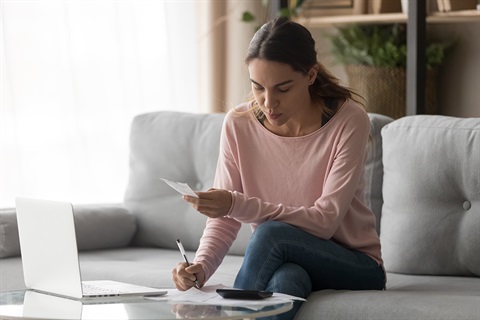Preparing to isolate

If you get COVID-19 you should isolate as soon as you test positive for at least five days and until you don't have symptoms.
Staying home when you are sick will help to stop the spread of COVID-19 and protect our community.
Planning and preparing for this situation will make things easier if you become infected or exposed to COVID-19 and are required to isolate.
Checklist to prepare for COVID-19
Stay up to date with your vaccinations
If you are eligible for your next dose of the COVID-19 vaccine, book in as soon as possible.
You may be eligible for medication
People with a high risk of getting very sick with COVID-19 can get medicine to help them stay well. Check if you are eligible here.
Medical supplies
Have basic medical supplies like a thermometer, pain relief (paracetamol or ibuprofen), face masks and hand sanitiser. You should also keep a supply of rapid antigen tests (RATs) so you can test yourself (and any other people in your house) before you leave isolation.
Support each other
Talk to family, friends and your neighbours in advance about how you can support each other if one household must isolate. If you don't have anyone who can safely deliver supplies to you while you are isolating, you can shop online for groceries and have them delivered. Your local pharmacy may also be able to deliver medicines and other supplies.
Children and pets
Have a plan in place for who can help look after your children and pets if your symptoms become severe and you need to go to hospital or call an ambulance.
Entertainment
Plan ahead for home activities to keep you entertained while you are isolating. Puzzles, a deck of cards and board games are great ways to pass the time.
Test as soon as you have symptoms
Monitor yourself and other household members for symptoms of a COVID infection and take a COVID test as soon as they develop.
Open your windows or go outside
Keep your home well ventilated with doors and windows open (when the weather and circumstances allow) or choose to meet with friends and family members at outdoor locations such as parks to avoid spreading COVID.
Wear a mask
When you cannot physically distance from people or if you are indoors in a public space, it is still recommended that you wear a well-fitting face mask.
Prepare an emergency contact list
Keep a list of any emergency contact numbers that may be required should you or someone in your household becomes sick. This might include the number for your doctor, and the number for the National Coronavirus Helpline (1800 020 080).